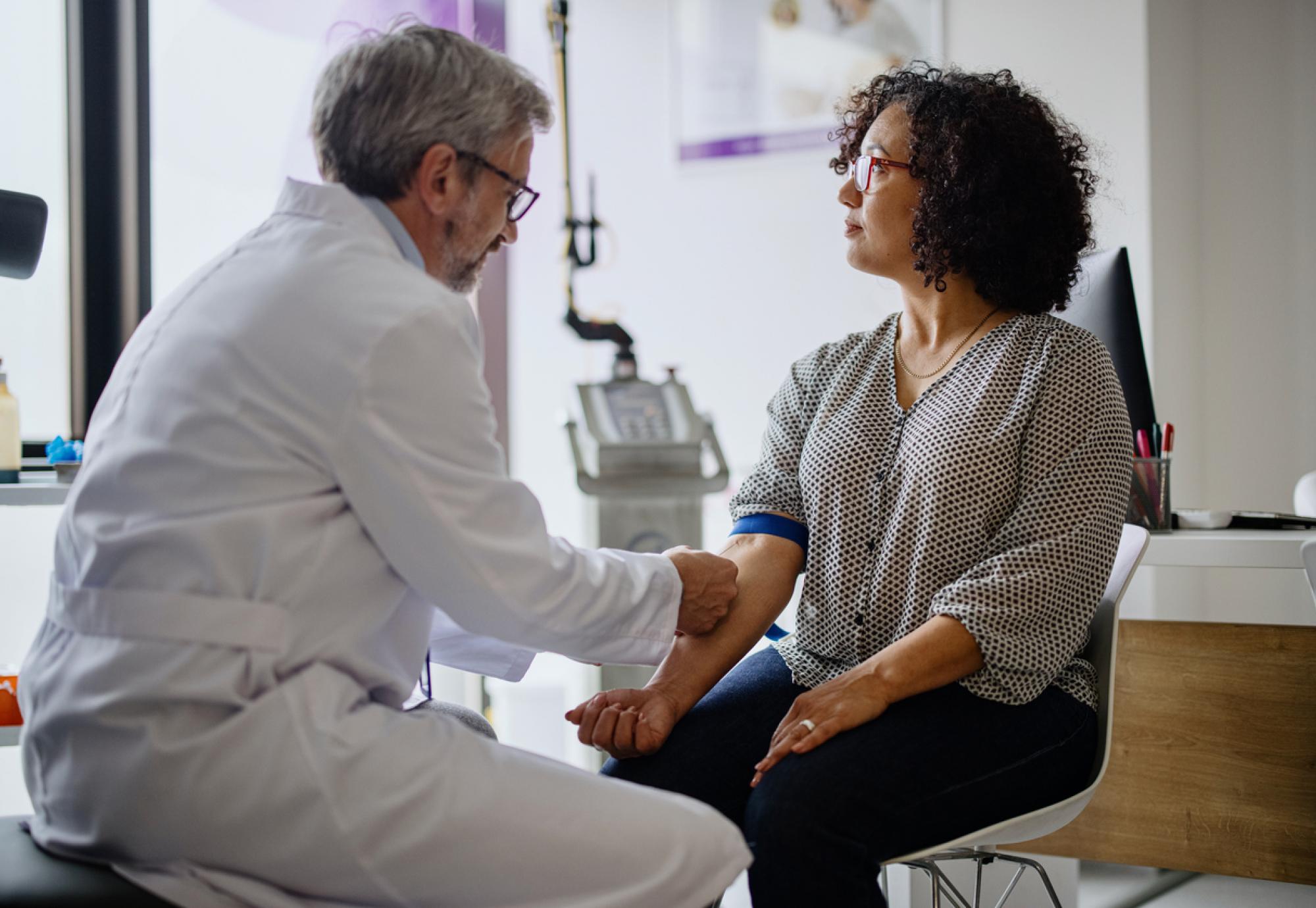The NHS needs to enable more timely access to diagnostic tests or patients could go private for their treatment, according to new findings from the Patients Association.
In a survey of over 1,000 UK patients, the vast majority (90%) said it should be easier to get access to diagnostics, with two-thirds (61%) believing at-home testing could help.
More than three-quarters (77%) would be happy to test themselves at home, according to the survey.
“Frustrations about access to tests came over loud and clear.”
More than half (57%) of the respondents indicated they thought innovative new technologies like AI could be key to streamlining diagnosis and reducing pressure on the system.
Adopting this would help the three in 10 (29%) that admitted to delaying getting tested to not waste NHS time and resources.
This comes as patients also highlighted the challenges they face when trying to access diagnostic tests, including a third (33%) who reported no appointments were available to them locally.
Around four in five (78%) thought testing should be available closer to their homes and seven in 10 (70%) wanted a better understanding of access arrangements.
Nearly nine in 10 (88%) also indicated they wanted a better understanding of how long their results would take to come through, with a similar amount (77%) urging for a better explanation from the NHS as to how their results affected them and their treatment plan.
“Those taking the survey clearly value being partners in their care.”
More than a third of people reported that their physical health (36%) and mental health (34%) declined while waiting for tests. Only one in 10 (11%) reported not having any issues getting a test, their results, or had no consequences if they did.
The access issues come as most (60%) patients indicated they would be willing to pay privately for a test, if they faced long delays or they could not get what they needed on the NHS.
The Patients Association says this underlines how important fast and accurate diagnostics are to patients.
The vast majority want more investment for testing capacity (93%) and in new technologies (91%).
Chief executive at the Patients Association, Rachel Power, said: “Patients value diagnostic services – that’s very clear from the survey. Frustrations about access to tests came over loud and clear.
“Those taking the survey clearly value being partners in their care. And to partner with the professionals sending them for tests, patients need and want clear communication on how to get tests, why they need a test, and when they’ll get results.
“Healthcare professionals can improve patient-centred care when ordering diagnostic tests by explaining how, why and when.”
The Patients Association report includes a number of recommendations in light of their findings, including to:
- Use NHS data to increase transparency on waiting times
- Expand community diagnostic hubs by removing NHS estate restrictions and increasing the amount of tests offered
- Support at-home testing where clinically safe and effective
- Improve communication with patients about their tests – i.e., the reason for them, the options available, how long they will take, what they mean etc.
- Make sure all political parties have commitments to improving diagnostic access in their upcoming manifestos
- Review NHS Constitution pledges on waiting times
Image credit: iStock



















